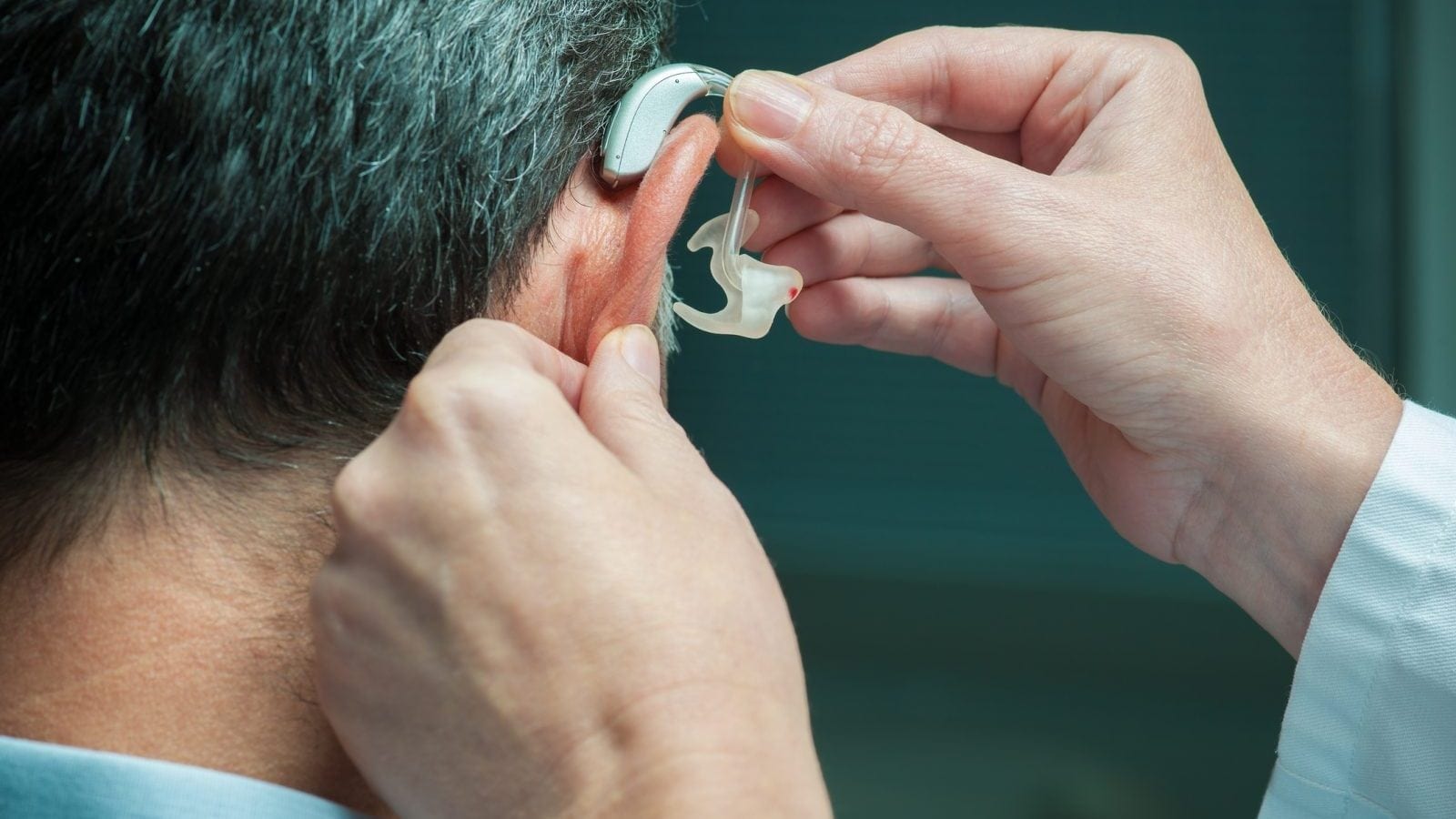
If you’ve experienced a sudden loss of your hearing, it can be hard to know how to move on or to what extent your new disability will affect your life. For example, if your job requires constant communication, losing your hearing can make it extremely hard for you to continue working as you once did, limiting your ability to support yourself and your family.
Fortunately, after hearing loss has occurred, you may be eligible to apply for disability benefits to make up for your loss of income. Discover the issues surrounding hearing loss and disability benefits, and find your legal options for securing the benefits you need to support yourself.
How Hearing Loss is Measured
If you suspect you’re undergoing hearing loss, you will need to undergo a few tests to confirm the diagnosis. There are several tests that can be used to determine hearing loss, every one of which will be performed without the use of assistive devices like hearing aids.
The most common hearing test is known as a pure tone air conduction test, during which you will wear a pair of headphones that emit high-pitched tones to test what level of hearing you possess. You can also undergo a bone conduction test, which uses electrical impulses to gauge the physical structure of your ear, specifically the inner ear.
For the purposes of earning disability benefits, it’s a good idea to schedule a speech recognition test, as those with hearing loss have much more trouble understanding speech than they do identifying general sounds.
Social Security’s Hearing Loss Requirements
Social Security’s listing of qualifying disabilities is called the Blue Book, and it has certain requirements that you must meet before being deemed eligible for benefits.
If you underwent a pure tone air conduction test, your hearing threshold must be higher than 89 decibels in your good ear; for the bone conduction test, your good ear hearing threshold must be 60 decibels. If you scheduled a speech recognition test, you would need to score 40% or lower in your good ear to qualify for benefits.
Disability Benefits and Your Abilities
If you’re hearing loss does not qualify under any of the Blue Book listings, it’s still possible for you to earn benefits by examining your Residual Functional Capacity (RFC). Your RFC is a document that outlines the extent of your disability and how much it interferes with your ability to perform life tasks and to work effectively.
If hearing is imperative for your career, your RFC may indicate that you can no longer complete your usual work tasks, which means you might be able to receive benefits.
Seek Legal Advice
When you’re trying to deal with hearing loss and are considering applying for disability benefits, it’s always best to get advice from someone who understands the Social Security system, like the compassionate Los Angeles disability lawyers that you can hire from the Law Offices of Dr. Bill LaTour.
We’ve been helping disabled individuals in the Greater Los Angeles area, the Inland Empire, and Orange County get the disability benefits they need for years. Call Dr. Bill LaTour and his team today at 800-803-5090 or fill out our online form to schedule a free consultation.







